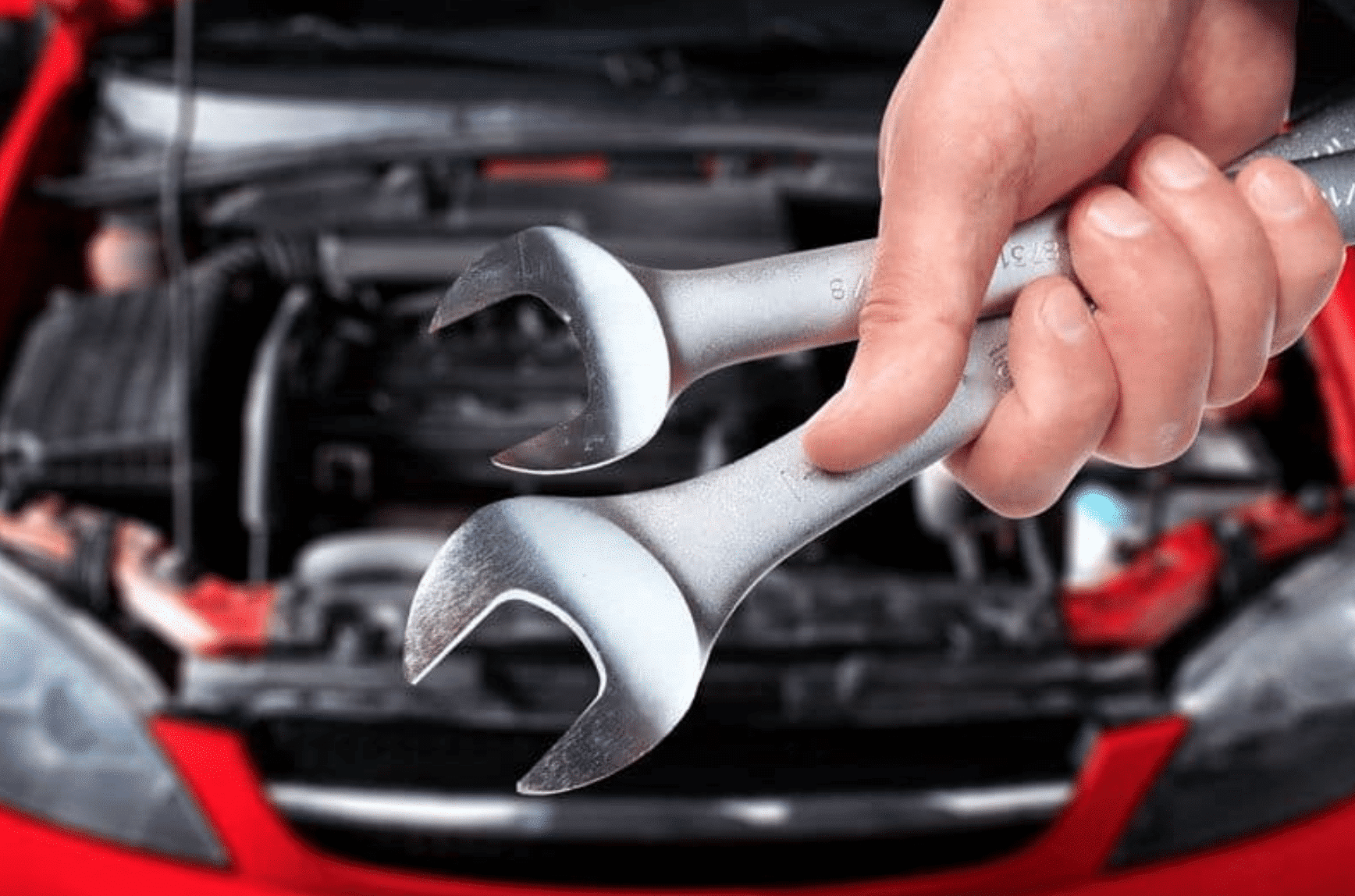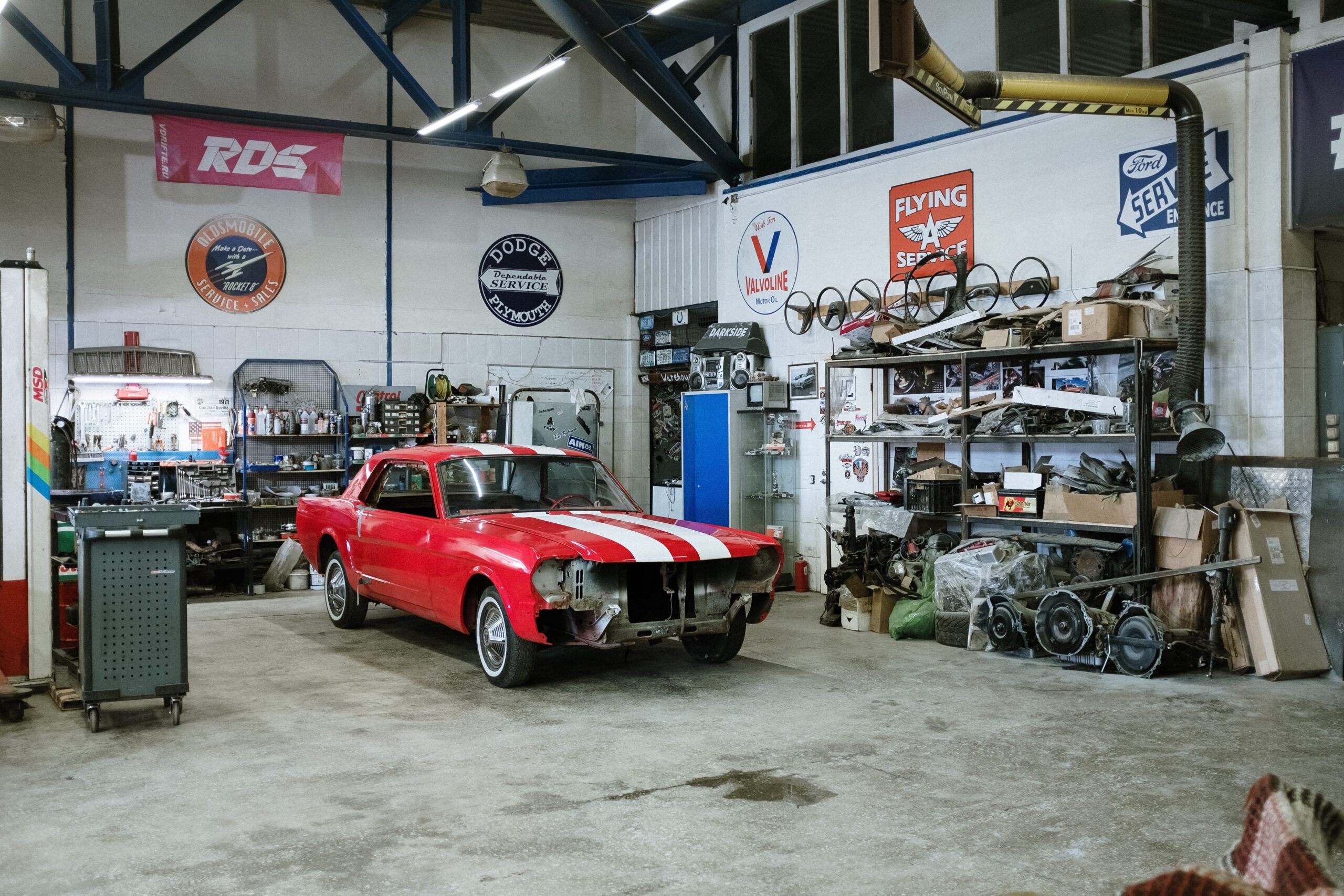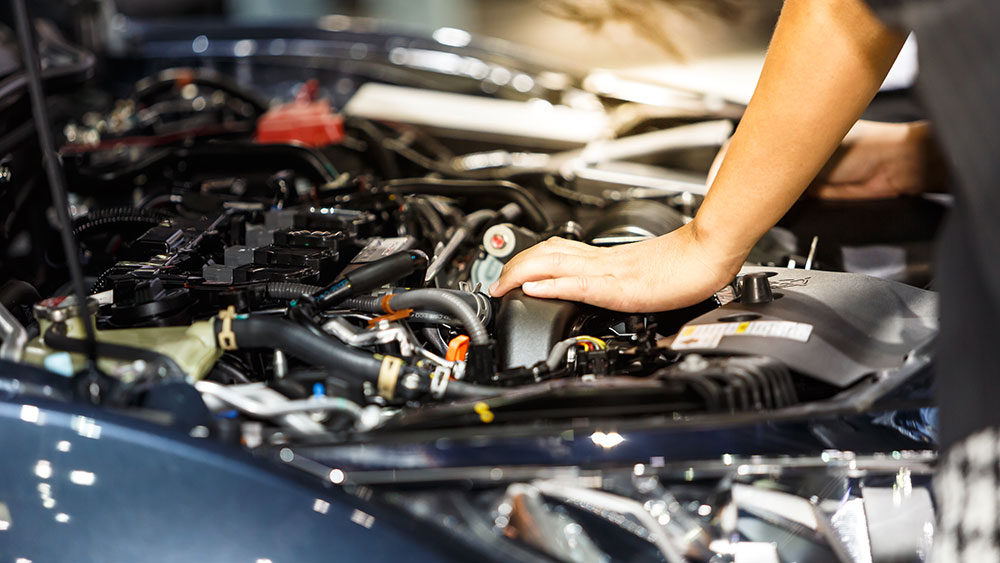All Categories
Featured
EV batteries are big, complicated, and consist of important products, making correct disposal and recycling vital. The excellent news is that lots of repair shops, in partnership with recycling programs, currently supply electrical car battery recycling solutions.
![]()
Furthermore, the growing number of electrical cars on the roadway has actually produced a pushing need for lasting services to take care of battery waste. According to sector forecasts, millions of EV batteries will need recycling in the coming years, making repair work stores an essential component of this community.
Maker Partnerships: Brands like Tesla, Ford, and GM have actually developed reusing initiatives, and certified service center connected with these suppliers usually assist in battery recycling. Third-Party Recyclers: Independent service center sometimes partner with business concentrating on EV battery recycling, such as Redwood Materials or Li-Cycle, which concentrate on drawing out and reusing important materials from batteries. 3. Exactly How the Process Functions. When an EV battery reaches completion of its lifecycle, repair service stores take several steps to ensure its correct recycling:
Assessment: Service technicians assess whether the battery can be repurposed for various other usages, such as power storage systems. Disassembly: The battery is carefully taken down to separate recyclable materials. Recycling Transfer: The dismantled components are sent out to specialized facilities where metals and other products are recouped for reuse. This process minimizes waste and maximizes the worth drawn out from used batteries, sustaining a lasting EV environment.
![]()
Government regulations and incentives are also driving the growth of battery reusing facilities. In regions like the EU and California, rigorous standards on battery disposal make certain that service center and suppliers take responsibility for reusing initiatives.
Conclusion. Yes, service center offering electric car battery recycling are coming to be progressively common. These businesses play an essential duty in developing a lasting EV industry by guaranteeing that utilized batteries are recycled sensibly.
![]()
As even more service center embrace these practices, they not only add to ecological defense yet additionally enhance the lifecycle of electrical cars. For EV owners, looking for repair service stores with reusing services is a significant way to support sustainability while preserving their automobiles.
The future of EV battery recycling is encouraging, with repair service shops, producers, and federal governments functioning together to resolve the obstacles and construct a greener tomorrow.
- Why Reuse EV Batteries? EV batteries are made up of products like lithium, manganese, nickel, and cobalt-- resources that are finite and energy-intensive to remove. Reusing these batteries prevents damaging chemicals from leaking into the environment and minimizes the need for mining new resources. By recouping these components, reusing contributes to the circular economic climate and reduces the carbon footprint of EV production.

Furthermore, the growing number of electrical cars on the roadway has actually produced a pushing need for lasting services to take care of battery waste. According to sector forecasts, millions of EV batteries will need recycling in the coming years, making repair work stores an essential component of this community.
- Repair Shops and Battery Recycling Programs. Many forward-thinking service center are tipping up to use EV battery reusing services. These shops frequently function in collaboration with makers, specialized reusing centers, or government-backed programs to ensure batteries are handled safely and successfully.
Maker Partnerships: Brands like Tesla, Ford, and GM have actually developed reusing initiatives, and certified service center connected with these suppliers usually assist in battery recycling. Third-Party Recyclers: Independent service center sometimes partner with business concentrating on EV battery recycling, such as Redwood Materials or Li-Cycle, which concentrate on drawing out and reusing important materials from batteries. 3. Exactly How the Process Functions. When an EV battery reaches completion of its lifecycle, repair service stores take several steps to ensure its correct recycling:
Assessment: Service technicians assess whether the battery can be repurposed for various other usages, such as power storage systems. Disassembly: The battery is carefully taken down to separate recyclable materials. Recycling Transfer: The dismantled components are sent out to specialized facilities where metals and other products are recouped for reuse. This process minimizes waste and maximizes the worth drawn out from used batteries, sustaining a lasting EV environment.
- The Function of Fixing Shops in Encouraging Sustainability. Service centers that supply battery reusing not just help in reducing environmental effect yet also strengthen customer trust. EV proprietors are more probable to pick businesses that show ecological obligation. Some service center go a step additionally by providing motivations, such as price cuts on brand-new batteries or solutions, to customers who reuse their old ones.

- Challenges and Future Overview. While battery recycling is growing, difficulties remain. Not all service center are equipped to deal with EV batteries due to their intricacy, size, and safety and security requirements. As technology breakthroughs and need for reusing rises, even more repair work stores are most likely to embrace these solutions.
Government regulations and incentives are also driving the growth of battery reusing facilities. In regions like the EU and California, rigorous standards on battery disposal make certain that service center and suppliers take responsibility for reusing initiatives.
Conclusion. Yes, service center offering electric car battery recycling are coming to be progressively common. These businesses play an essential duty in developing a lasting EV industry by guaranteeing that utilized batteries are recycled sensibly.

As even more service center embrace these practices, they not only add to ecological defense yet additionally enhance the lifecycle of electrical cars. For EV owners, looking for repair service stores with reusing services is a significant way to support sustainability while preserving their automobiles.
The future of EV battery recycling is encouraging, with repair service shops, producers, and federal governments functioning together to resolve the obstacles and construct a greener tomorrow.
Latest Posts
Protect Your Home with Quality Residential Roof
Published May 24, 25
1 min read
Explore the Greatest Auto Repair Coupons in Montclare, Chicago
Published May 24, 25
1 min read
Experience Your Financial Partner at WyHy – Key Advantages for Your Money Goals
Published May 23, 25
1 min read
More
Latest Posts
Protect Your Home with Quality Residential Roof
Published May 24, 25
1 min read
Explore the Greatest Auto Repair Coupons in Montclare, Chicago
Published May 24, 25
1 min read
Experience Your Financial Partner at WyHy – Key Advantages for Your Money Goals
Published May 23, 25
1 min read